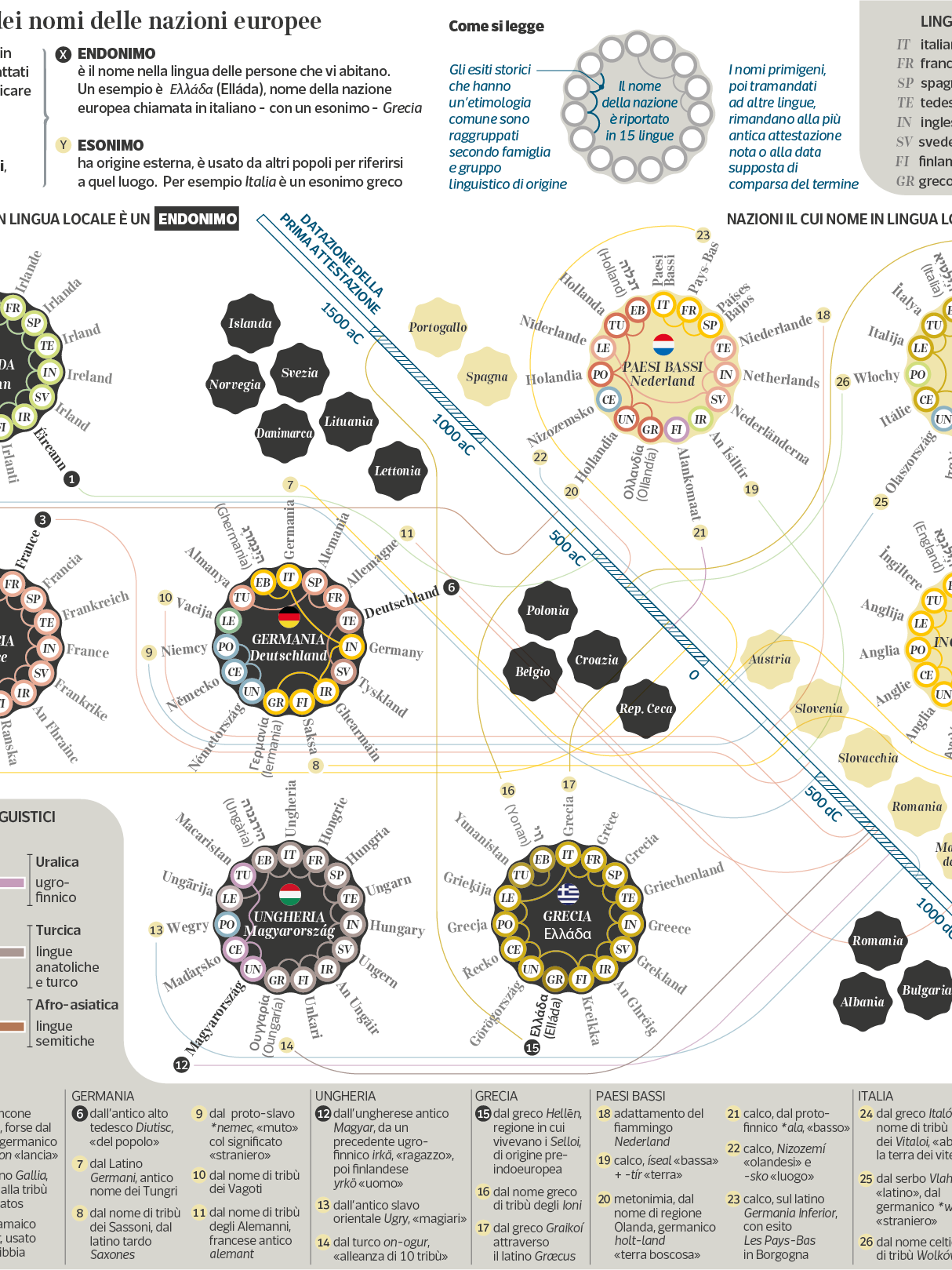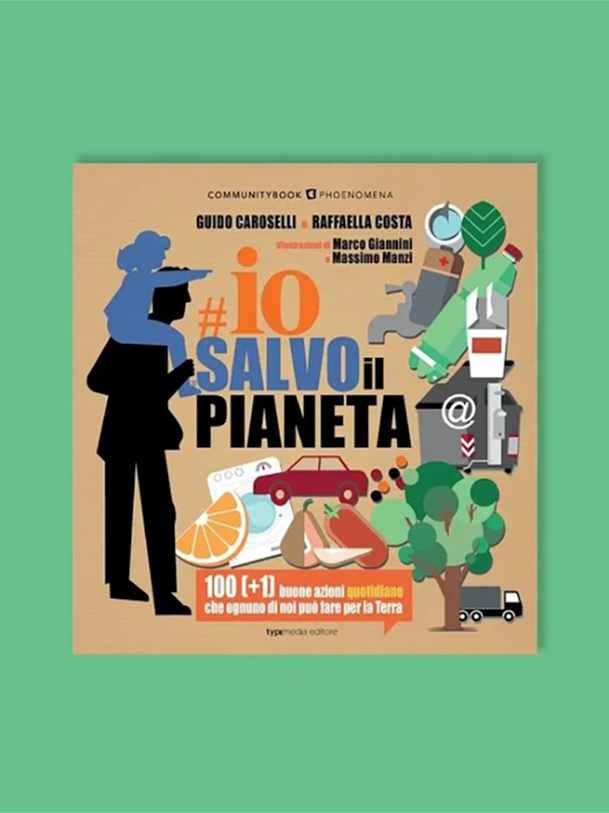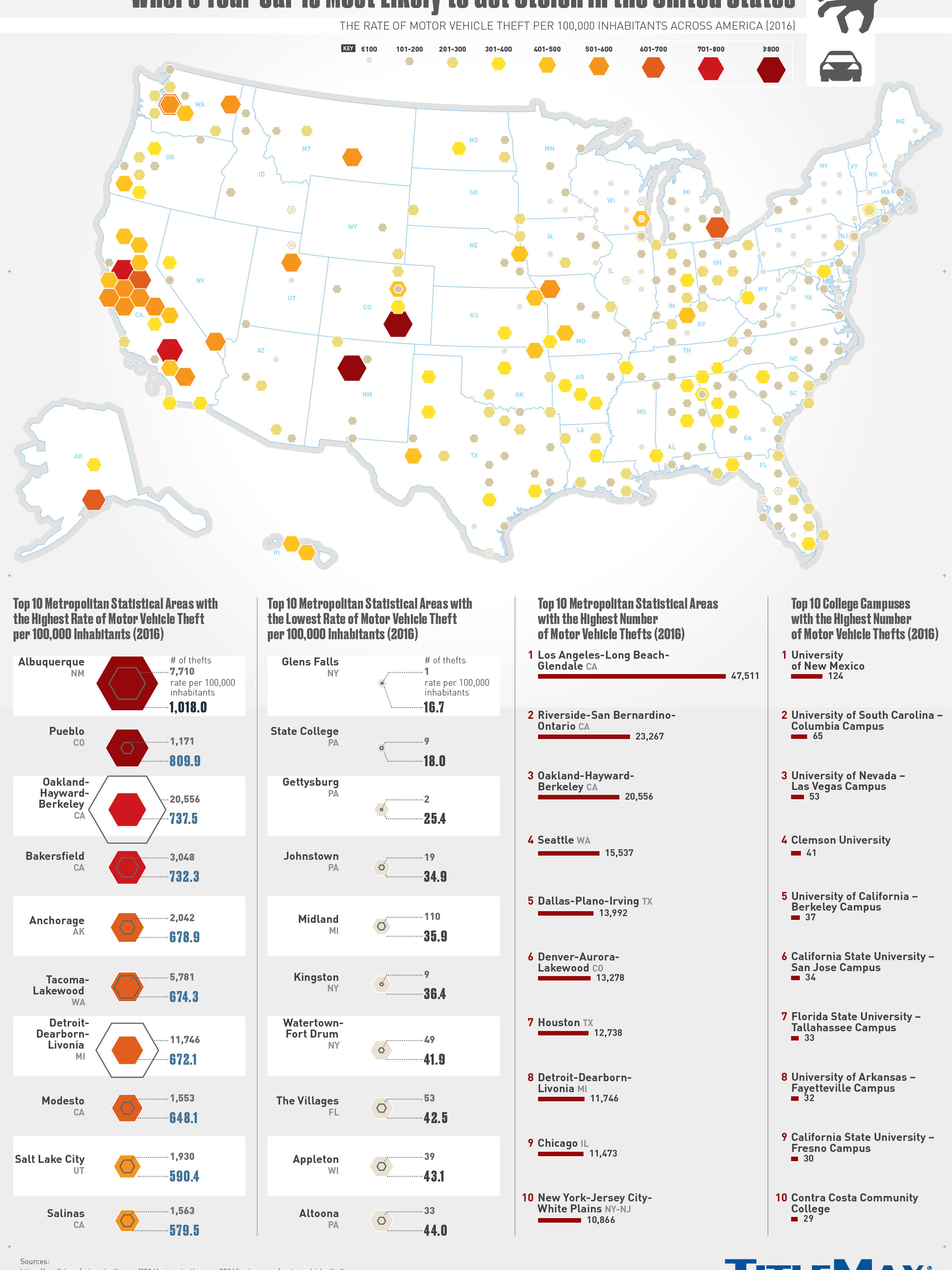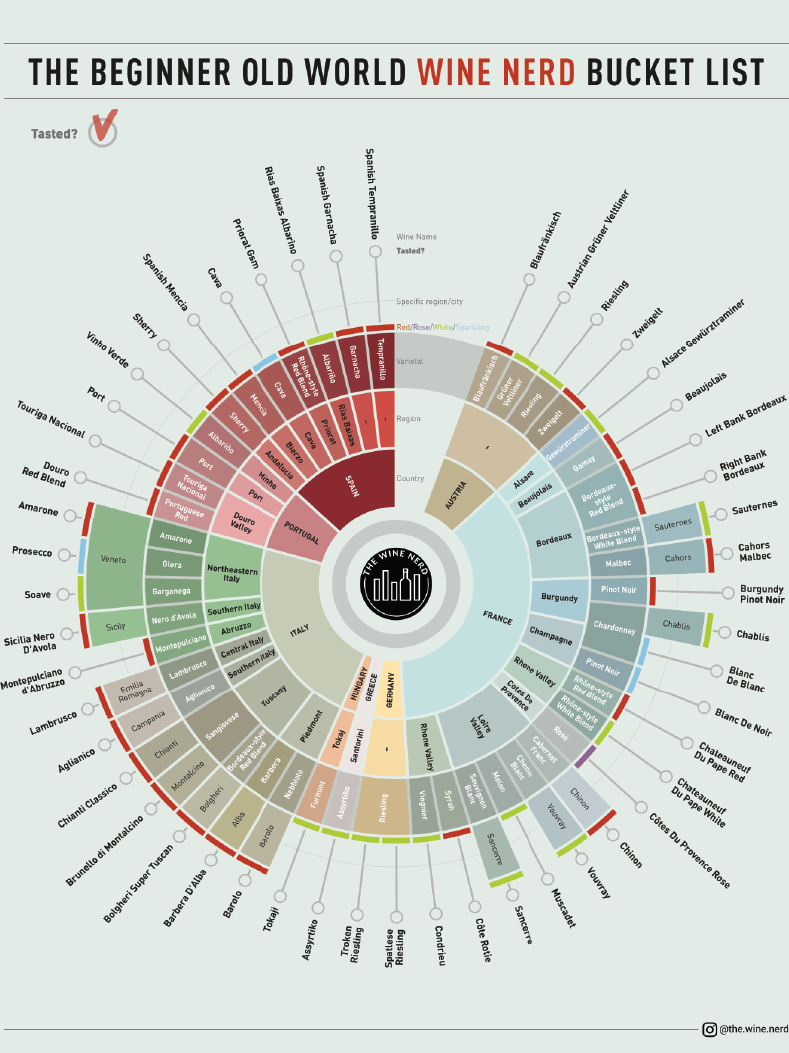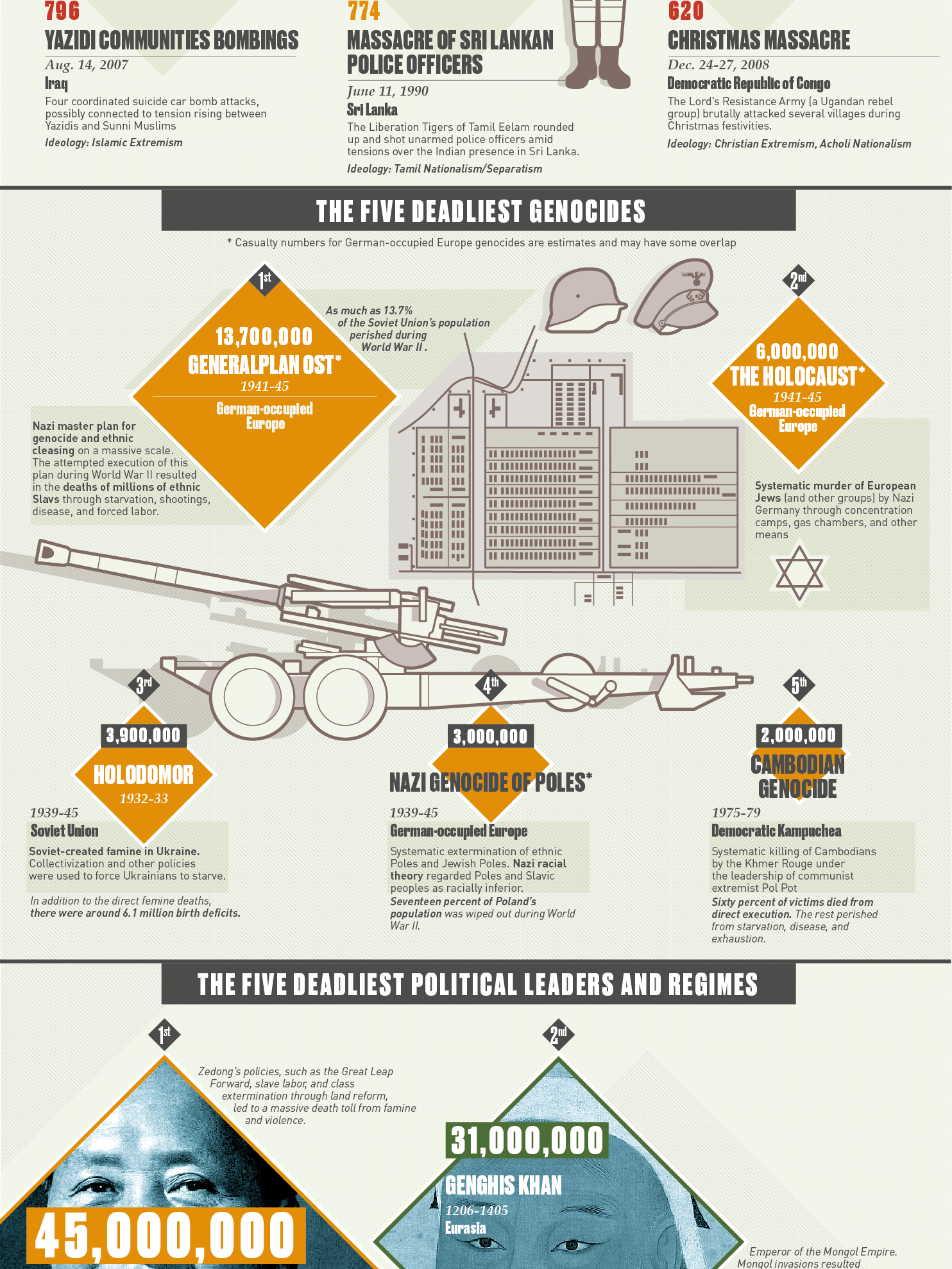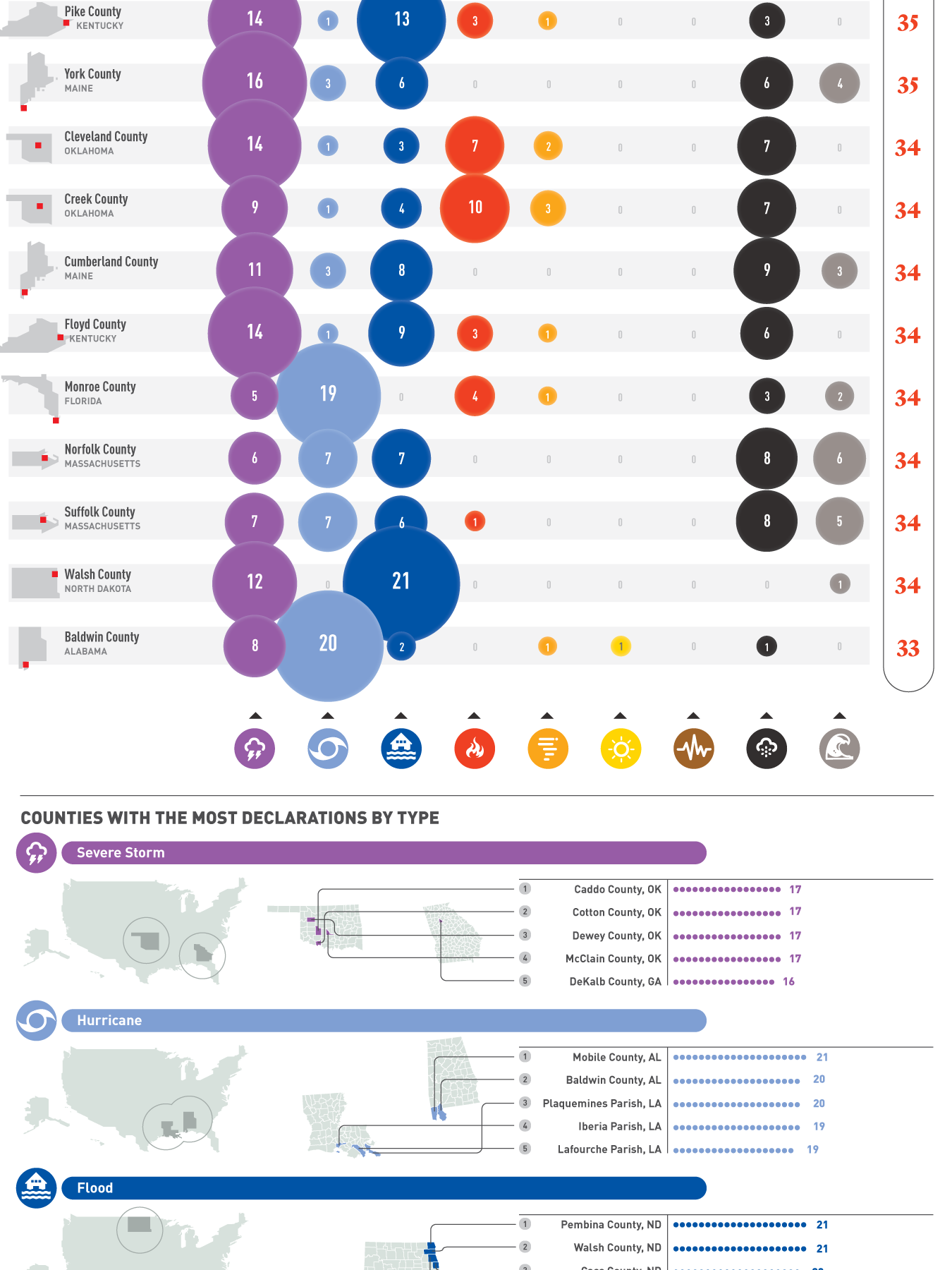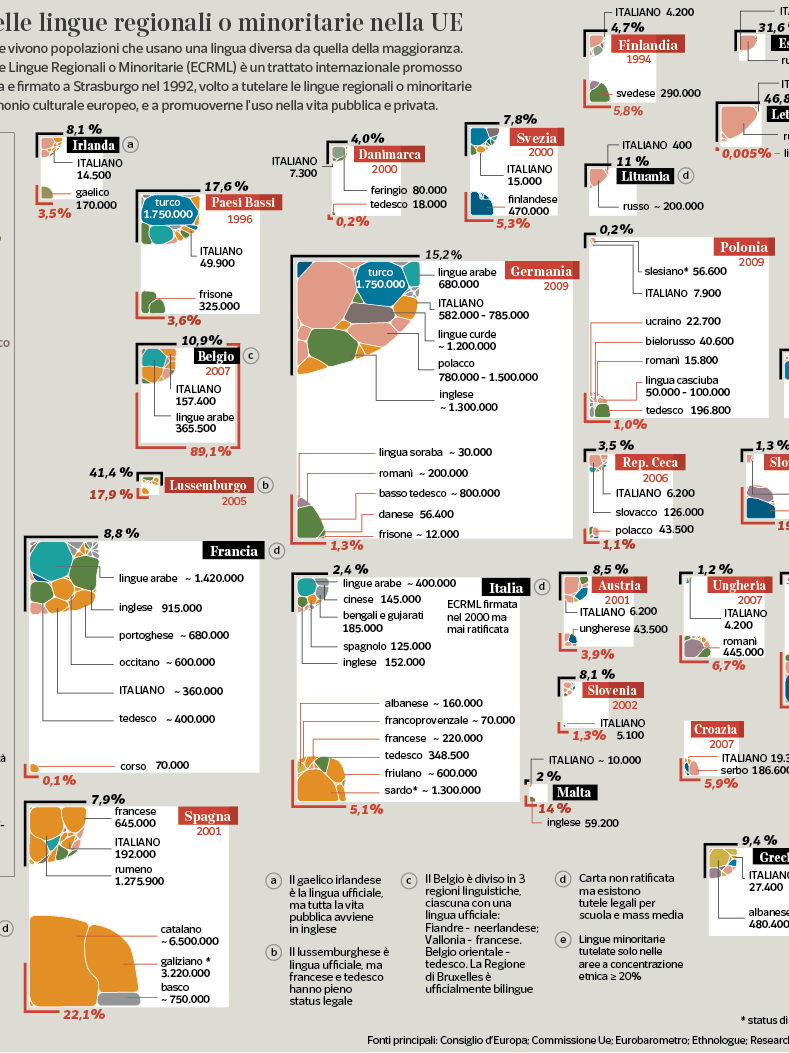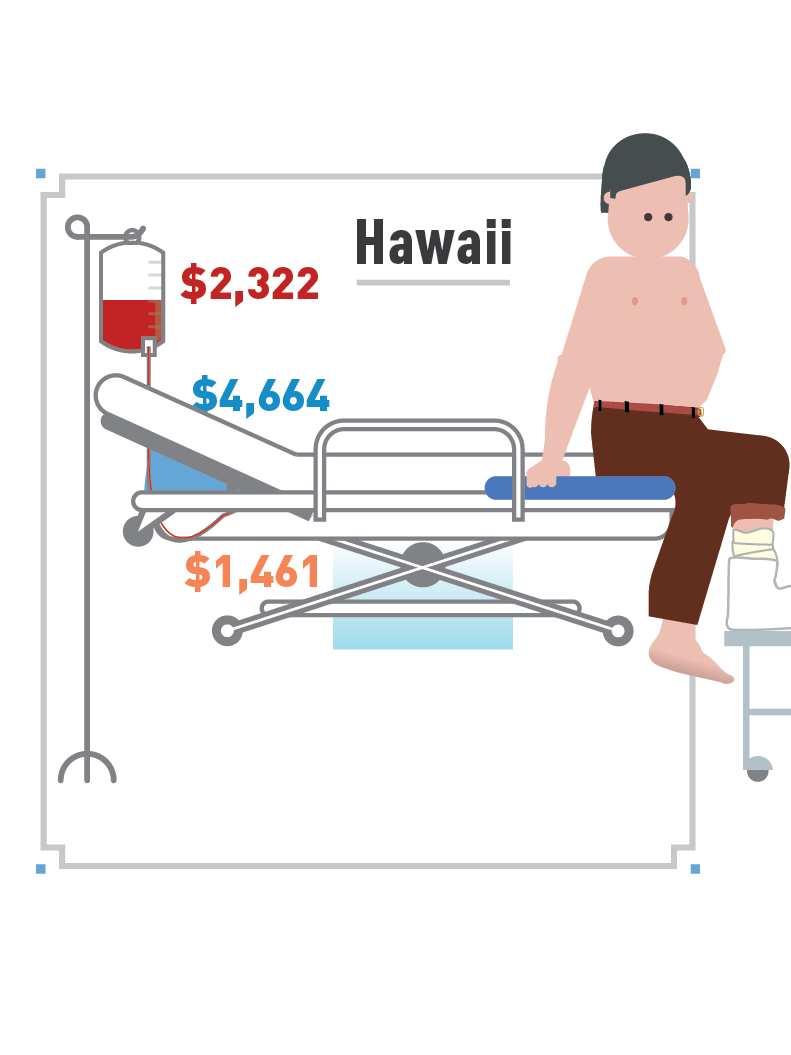A new visualization on #Linguistics for @la_lettura n.612 on the knowledge of foreign languages across Europe, and how tertiary education works as a boost for its spreading.
There are 24 official languages in Europe, and probably more than 150 languages actually spoken on the continent.
Languages define the identity of peoples because they are part of shared heritages. But they can act as a bridge to other peoples and cultures if mutual understanding is promoted. And they can create a shared sense of European identity, rather than a shattered kingdom.Member States of the EU show different degrees of linguistic diversity and different ways of managing this diversity. Many interesting pedagogical approaches can be found in bilingual regions and multilingual classrooms around Europe.
Effective multilingualism policies and initiatives can strengthen the opportunities for citizens. Language skills may increase individuals’ employability, facilitate access to services and rights, and contribute to solidarity through enhanced intercultural dialogue and social cohesion. And this is especially true for those who have reached higher education: many universities and institutes offer courses in foreign languages - not just in English - fostering their diffusion. And many companies are looking for workers skilled in intercultural communication to develop their international sector, even in distant countries.

